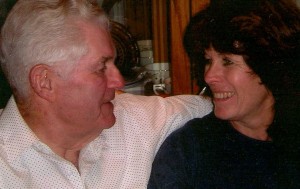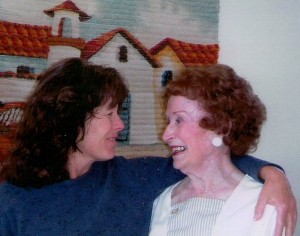Helping parents’ transition through aging, decline and death changes many adult children’s lives forever. It shakes their very foundation. Caregivers often feel alone and don’t know where to turn for support in a culture where sharing feelings about the decline of a loved one, emotional pain and loss may not be well-received. Many tears are cried as difficult choices with and for loved ones are made.
I couldn’t put this book down. I would recommend this book to anyone who has aging parents and/or anyone whose parents have died. Both my parents are now deceased. However, reading Dawn’s book made me realize, even more than I intellectually knew, that some of the “crazy” things that happened when my parents were aging and/or dying were not unique to me, my parents, or my siblings. I wish I would have had this wisdom when I was dealing with my father’s sudden death … at age 66 and my mother’s long decline … and death at 86 years old.
– Sally Schneider, attorney
In the Caregivers Voice
In my book ten caregivers share their stories of tough roads of decision-making, family dynamics, grief, and healing. I weave my own account through each of their chapters. Reading these eldercare and parent loss stories in the caregivers’ voice will help you know you are not alone but part of a “hidden tribe” who share a common bond. You will find guidance for navigating your way through your parents’ final years as you find yourselves in the stories in this book.
FINAL YEARS Stories of Parent Care, Loss and Lives Changed is for anyone caring for aging parents, anyone grappling with sibling conflict during this difficult time, anyone who has lost a parent, and for those with unresolved guilt or regret around their parent’s decline and death. It is also for parent elders who wish to look through the eyes of children as the adult caregivers. May it help those of you coming into the care of your aging, declining, and dying parents as you find yourself in the stories shared by others in Final Years. May you find comfort, answers, kindred spirits, and support as you go through this unavoidable milestone in your life.
FINAL YEARS explores:
- Family of origin interactions, and relationship with our parents.
- How the declining health of aging parents impacted us emotionally and in our day to day life.
- Whether or not siblings worked together to help declining parents. Was there conflict and if so, how did we resolve it?
- How parent decline and loss changes us and the choices we make in our lives.
- What decisions we have to make about parent care. Our tough choices and changed lives as a result.
- Were we at peace with our parents before they became ill; if not, how we made peace with our parents before or after they died. Or not.
- What happens to family dysfunctional patterns (if present) during parent illness?
- What coping skills and resources people called on when dealing with declining parents and their eventual deaths.
- How we who lost parents found support from friends in our grief, or did we?
- What experiences with health care professionals were like and whether they were helpful or hindering in any way
- What was clearing out the “stuff” in our parents’ home like?
- Feelings that were hard to come to terms with surrounding our parents’ decline and death; feelings that still haunt us or that we finally came to terms with.
- Whether any emotions like guilt or anger, or any events interfered with or prolonged our grieving process.
- How we resolved our grief.
- How our culture is with grief.
- Unusual or unexplainable experiences after we lost our parents – what some people might call “paranormal.”
- Advice for those of you just coming into the care of declining parents or dying parent.

